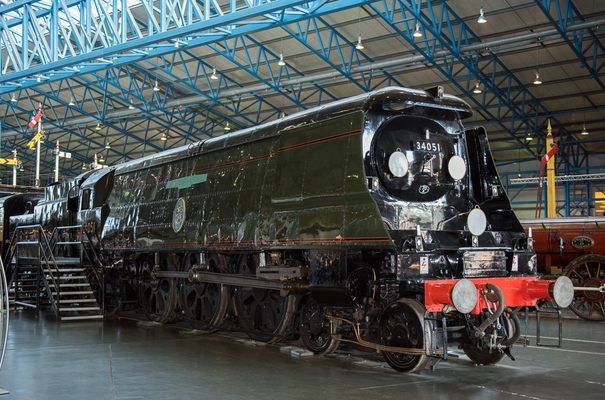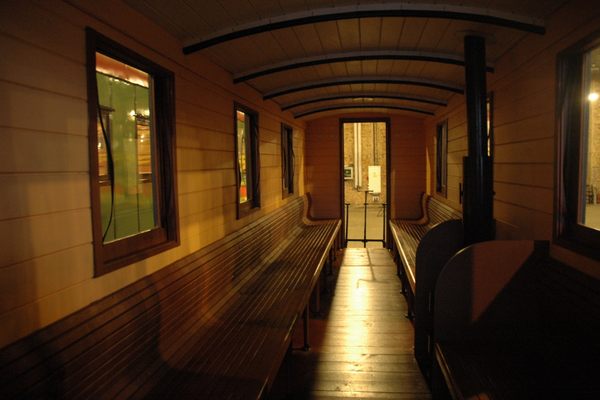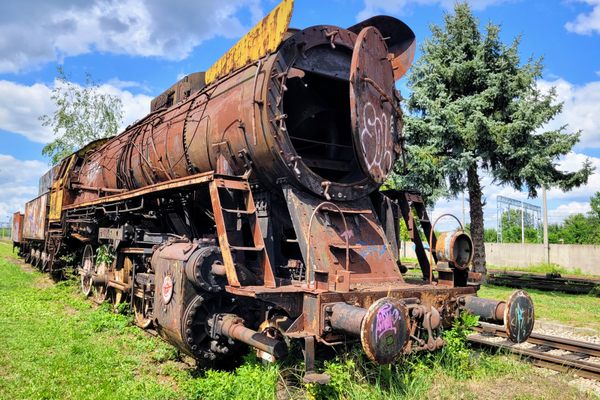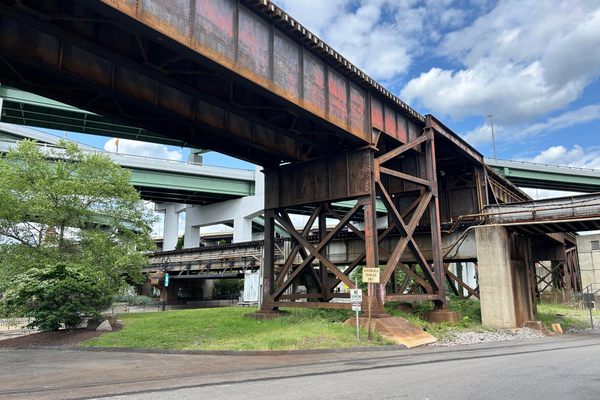About
When Winston Churchill died in 1965, his funeral was the first state funeral in the United Kingdom for someone outside the royal family in 30 years. It was an elaborate occasion, to say the least, and the official events lasted four days. The mournful saga ended with the dead leader’s remains being transported to Oxfordshire for burial on a funeral train.
Churchill’s coffin remained stationary in London for three days. It was then carried via a military parade through the city for a service at St. Paul’s Cathedral on January 30. Then, the coffin was transported to its final resting place, first by a boat on the River Thames and then via a funeral train.
Funeral trains were typically reserved for political leaders. The dead traveled their countries on one last journey, allowing their people to mourn as the trains passed through.
Parts of the train that carried Churchill’s coffin have been restored to their original colors. They’re displayed in the museum known as "Locomotion" in Shildon, County Durham. The locomotive is a "Battle of Britain Class" locomotive, originally built for the Southern Railway in 1946 and named after the wartime leader a year later. Churchill’s coffin was carried in a luggage van that’s displayed behind the locomotive.
Update as of December 2021: the luggage van has been moved to the One Collection Museum at the former Hornby warehouse in Margate, Kent.
Related Tags
Know Before You Go
This museum houses much more than the Winston Churchill, including an exact replica of "Locomotion," the locomotive that gave the museum its name and the first steam locomotive in the world to haul passenger coaches.
Published
February 18, 2019


































